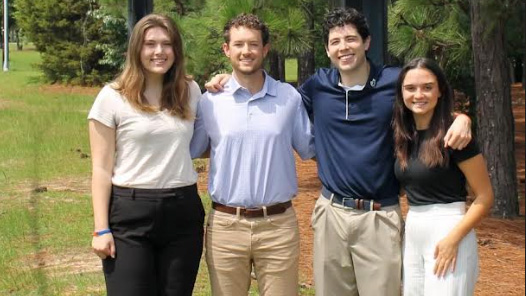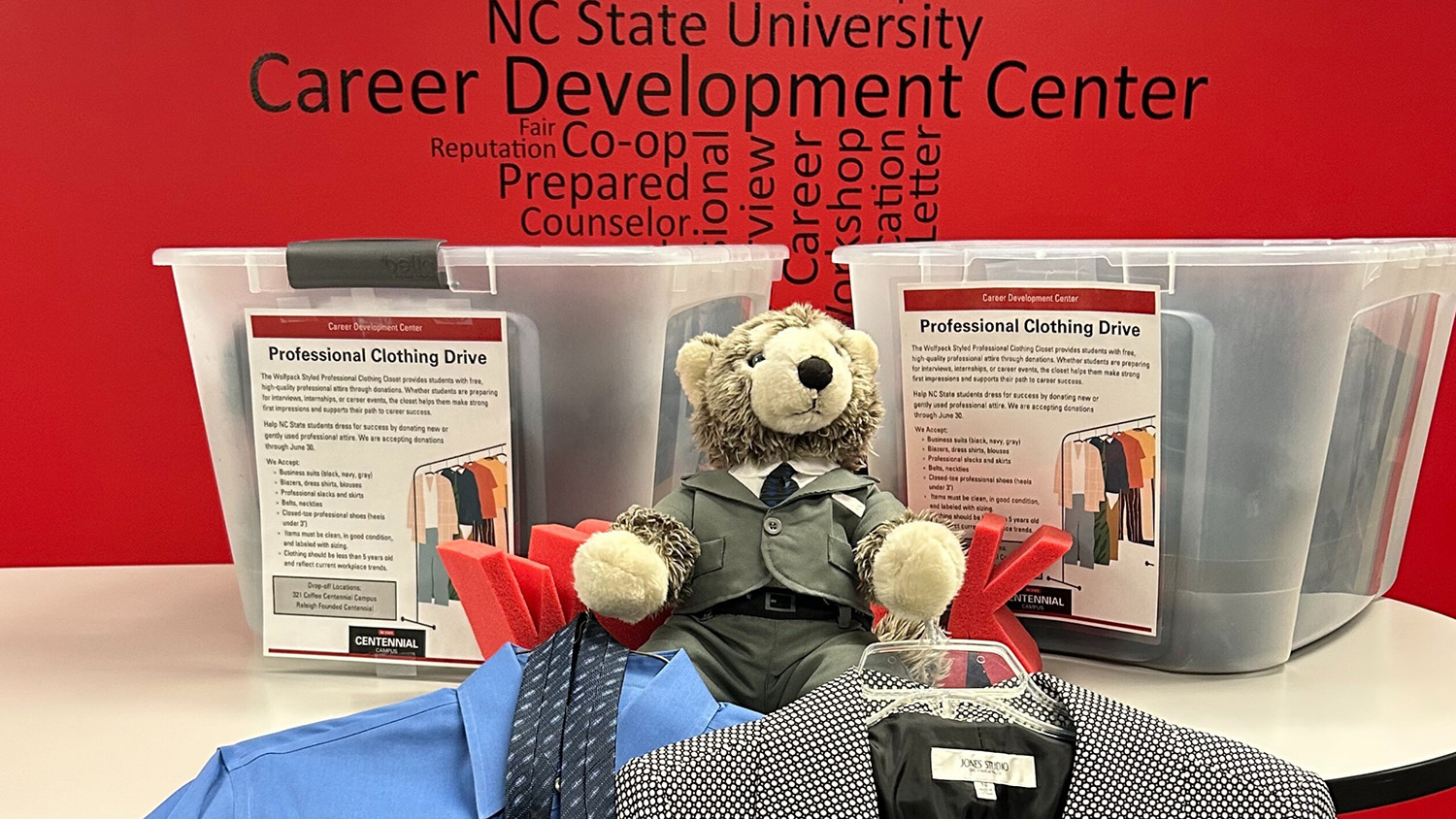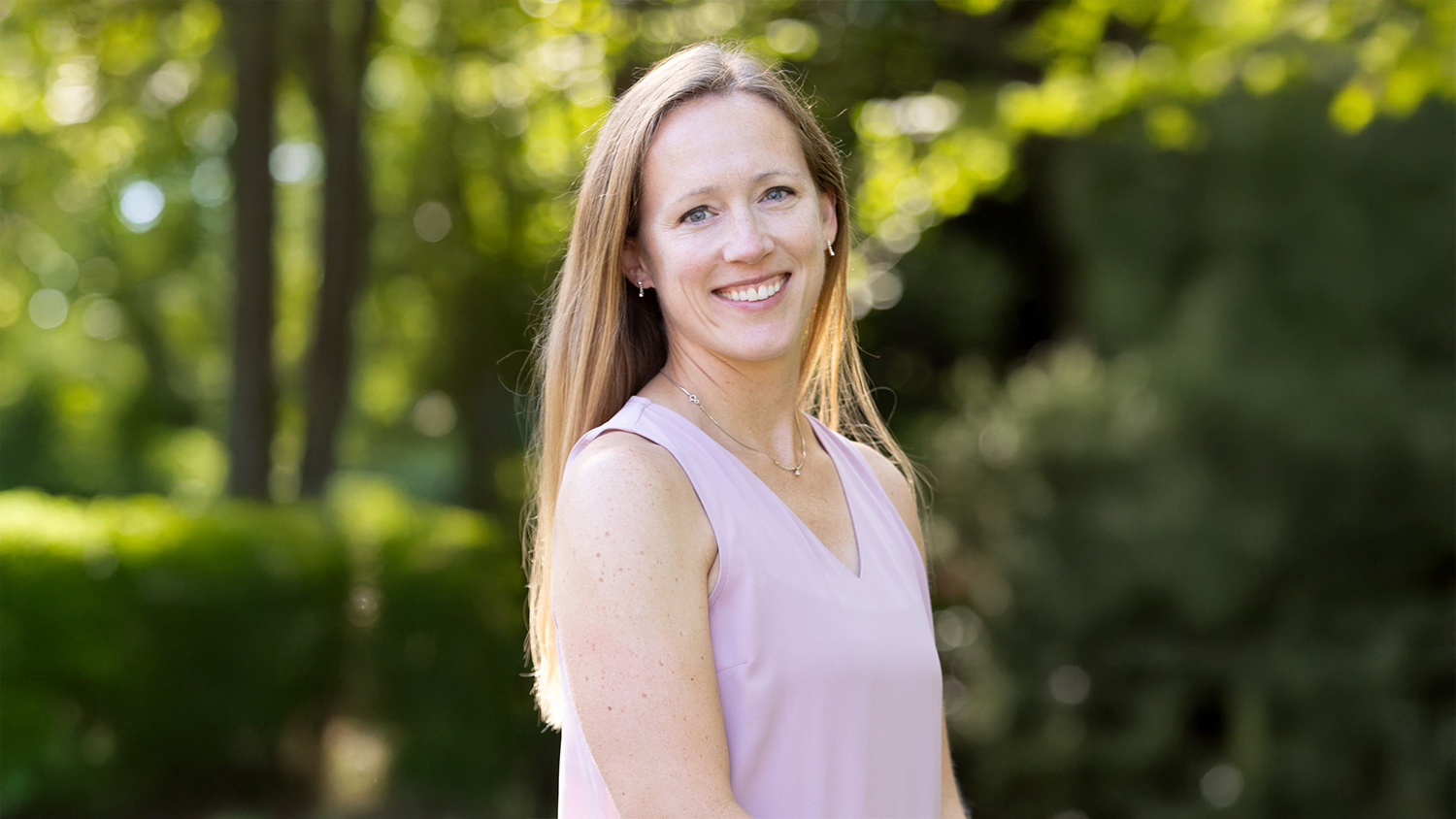Spotlight on Our Students: Water, Robots, and AI with DAAD RISE

In this edition of Spotlight on our Students, we caught up with John Watson about his experiences in Germany as a part of the DAAD RISE summer research internship.
John is a rising senior University Honors student from Cary, NC, majoring in Computer Science. Read on to learn about his time in Germany working with underwater robotics and artificial intelligence.
UHP: John, what sparked your interest in the DAAD RISE program and what did your internship entail?
JW: I wanted to do computer science work in Germany and found a research group in Wilhelmshaven through DAAD Rise, though I ended up getting scholarships from outside of DAAD Rise. My work involves researching and implementing search algorithms for autonomous underwater vehicles. In this project, specifically, I find submarine groundwater discharges.
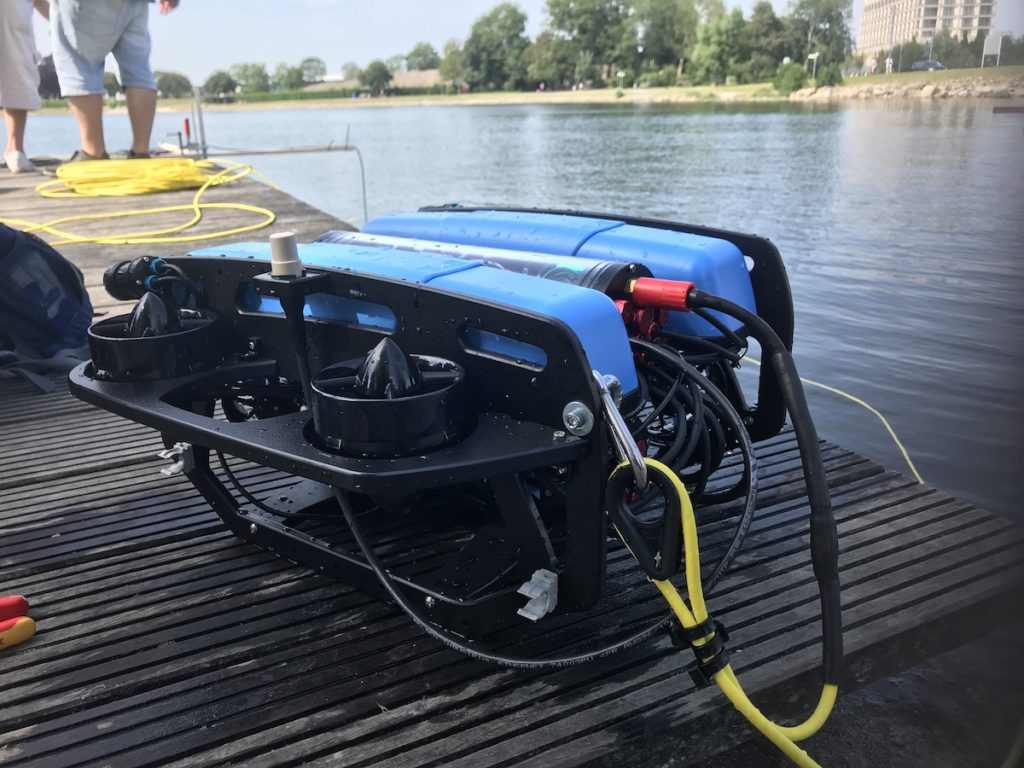
UHP: That sounds like very focused research. What do you hope to learn from your time in Germany researching autonomous underwater vehicles?
JW: In my technical work I’m learning how optimization works in a noisy, physical-world setting. I guess I’ll see how algorithm research fits with what I want to do in the future. I’m also trying to learn the language as best I can and get to know people through it.
UHP: Learning how to put your academic education into action with a real-world issue is always exciting. What is the most interesting thing you’ve done so far on this project? What has been the most challenging? Why?
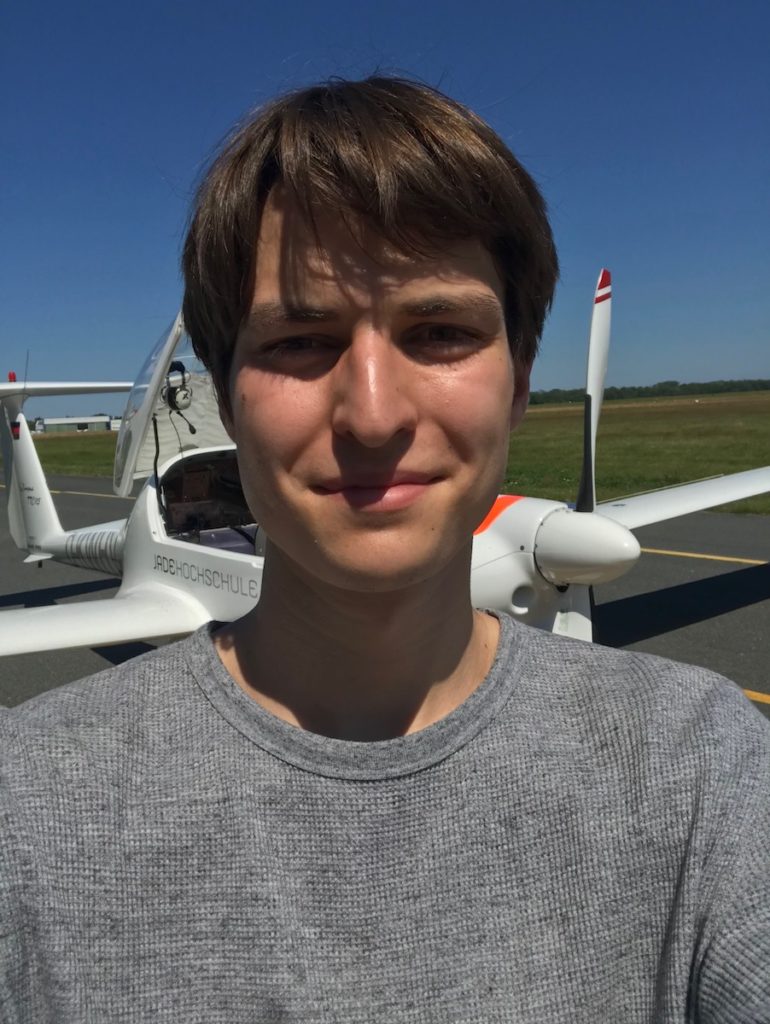
JW: The most interesting thing has been the people I’ve gotten to meet at the university through my project. Towards the middle of the day, there’s an hour or so lunch and coffee break where different research groups will end up talking with each other. Through that, though not directly in my project, I’ve had the opportunity to fly in the university’s research plane around the Jade Bight and to Norderney, one of the East Frisian Islands, which in some ways are a similar situation to the Outer Banks. So I’ve gotten to talk with some people here about that. The most challenging, maybe, has been working on a part of a project which I’ve largely had to define myself.
Since I’m the only computer scientist in my research group, and since there’s not a ton of literature on this specific topic, a lot of my work tends to be an organized playing around with different structures. But I enjoy that.
UHP: MMM – learning to work with little to no structure is a very valuable life skill. What is the most valuable thing you’ve learned there so far?
JW: I’ve found exploring the specific place I’m at to be really valuable– taking a weekend to stay in town and ride the bike in some random direction.
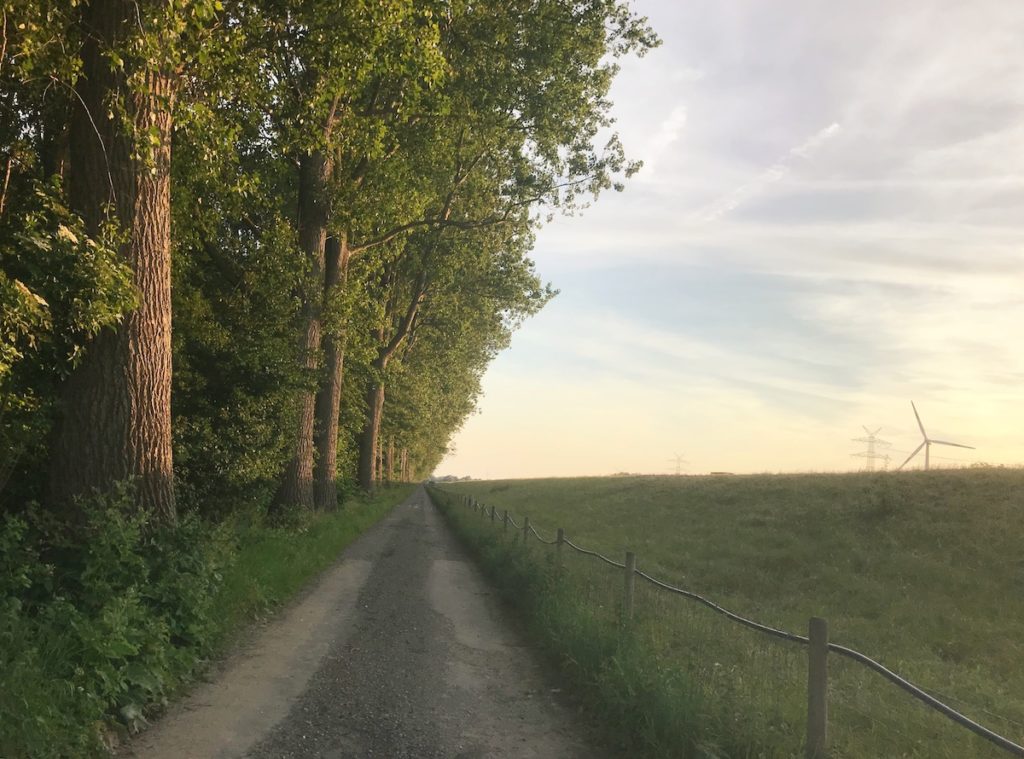
UHP: How would you say your time in the University Honors Program has helped prepare you for this experience?
JW: Having had to reach out to professors for Honors Research has been a similar process to stepping out and finding international research.
UHP: Small stepping stones into big international stepping stones. That makes sense. What do you want to tell other students about how to prepare for experiences like this?
JW: Depending on where you’re going, really making an effort to learn the language can change the way you see a place. One fun way to practice once abroad that I’ve found here is to buy things on eBay, etc. instead of at the department store– that way I interact with lots of different types of people in different settings.
UHP: And to close out, John, what’s the best advice you’ve ever received?
JW: It’ll work out – maybe more encouragement than advice, but sometimes it helps to just trust your training and habits and be willing to figure things out.
UHP: John, thanks for taking the time to share this with us. Good luck, and we will see you in the fall. Maybe some of this work will make it into your Honors Capstone?
